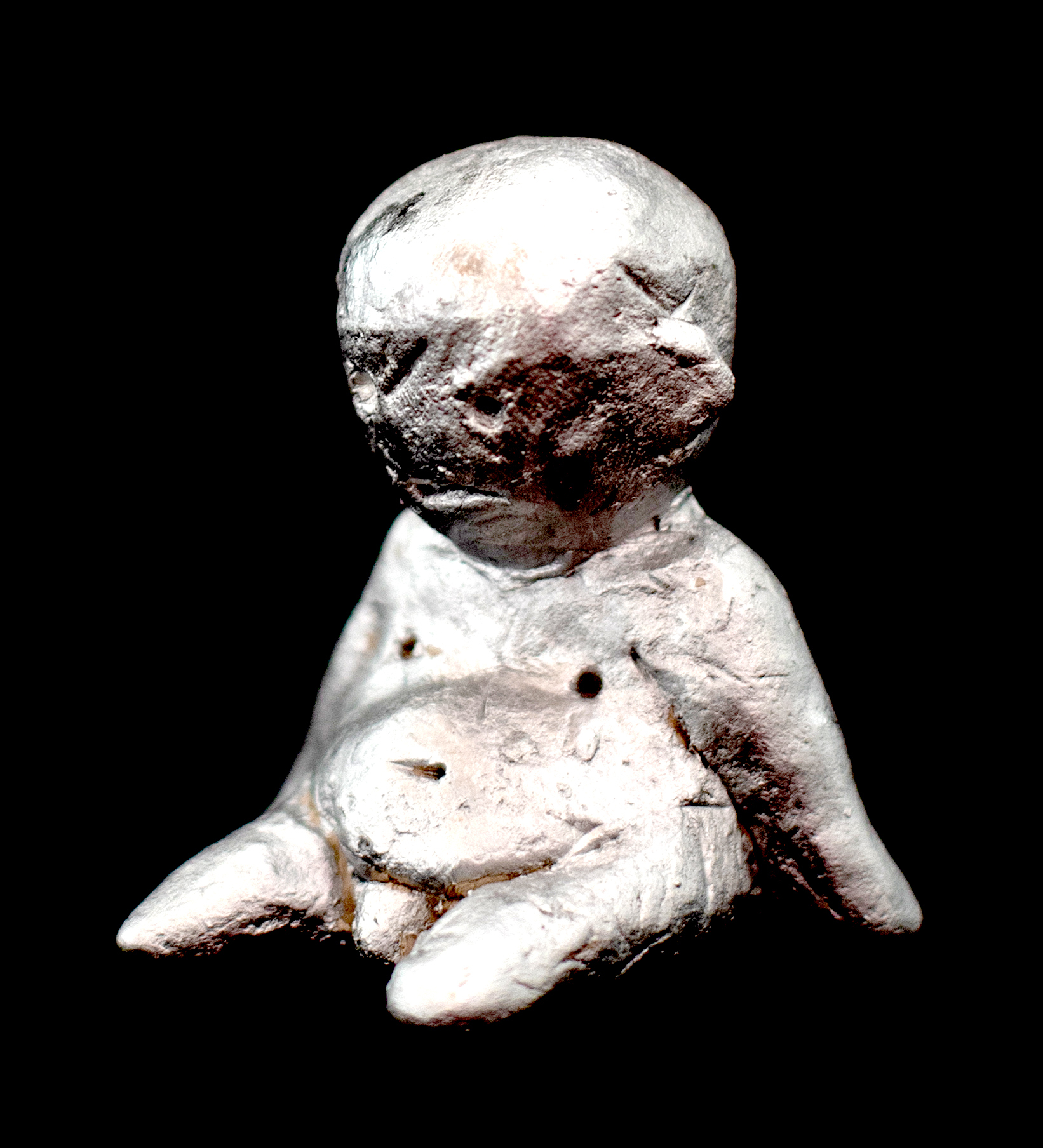Connect to the Structure
Psi-Fi manifesto
16032025
Psi-Fi seeped through the text, before words, before structure, like dirty water sinking under the skin, like an uneven trace of fingers left on the wall, on the body, in the air.
The name stuck to "Fish," but it had been there before. It was in the darkness behind words, in the place where text turned into noise, into a stain, into a lost sound, into the remnants of someone’s thought. It was in the pauses, in the missing fragments, in the ruptures that spread across the pages, filling them with a sticky residue.
It was in "Alevtina and Tamara"—in fractured images, in graphics that refused to remain graphics, in a narrative that flowed like wet sand. In a page that would not agree to be a page but already wanted to become skin, wood, fabric, a stain.
The story streamed in different directions—it could be read left to right, right to left, in pieces, skipping, entering it as you enter an abandoned house where the walls are peeling and the windows are smeared with light.
In "Fish," nothing could remain just text.
Words flowed beyond borders, clung to fingers, stuck to the iris.
They did not hold onto each other, they crumbled, slid, layered upon themselves.
There is not enough text.
It is a smudge on glass, spread by a hand.
It is dust on the tongue.
Psi-Fi dismantles words into pieces.
You read, but no longer read, you listen, but no longer listen, you see, but no longer see, you remember instead.
It must be this way.
Psi-Fi does not hold form. It loses its edges, like wet paper dissolving over time, like tissues rotting under the skin, like words you try to catch but they dissipate in your mouth.
Where does the body dissolve?
Can you say?
Where does music end when it is no longer heard?
What is the weight of a color stuck between the eyelashes?
Everything begins to grow into something else.
A voice dissolves into space, leaving behind residue that can be inhaled.
Light floods the bones.
Warmth smears across the air, leaving a film on the teeth.
Time does not move forward.
Time has stuck to the ceiling, spread into corners, seeped into the cracks between ribs.
You walk, but stopped mid-step, and now the movement has already happened, but has yet to begin, but is already over.
The text becomes flesh, expands, pulses, thickens, begins to breathe.
It sprawls, it pushes apart the skin, fills the lungs, saturates the tissues.
It erases the boundary between human and landscape, between the thinking and the growing, between the subject and the surrounding space.
Psi-Fi in "Violence" completes the decomposition of language, forcing it to rot, to blur, to become organic.
You are no longer reading the text—you are breathing it.
Here, words stop being words and become substance.
It feels close.
You try to escape.
It has soaked into the skin, into the bones, into the eyes.
You are already swallowed by it.
You no longer know where you begin.
Where you dissolve.
The name stuck to "Fish," but it had been there before. It was in the darkness behind words, in the place where text turned into noise, into a stain, into a lost sound, into the remnants of someone’s thought. It was in the pauses, in the missing fragments, in the ruptures that spread across the pages, filling them with a sticky residue.
It was in "Alevtina and Tamara"—in fractured images, in graphics that refused to remain graphics, in a narrative that flowed like wet sand. In a page that would not agree to be a page but already wanted to become skin, wood, fabric, a stain.
The story streamed in different directions—it could be read left to right, right to left, in pieces, skipping, entering it as you enter an abandoned house where the walls are peeling and the windows are smeared with light.
In "Fish," nothing could remain just text.
Words flowed beyond borders, clung to fingers, stuck to the iris.
They did not hold onto each other, they crumbled, slid, layered upon themselves.
There is not enough text.
It is a smudge on glass, spread by a hand.
It is dust on the tongue.
Psi-Fi dismantles words into pieces.
You read, but no longer read, you listen, but no longer listen, you see, but no longer see, you remember instead.
It must be this way.
Psi-Fi does not hold form. It loses its edges, like wet paper dissolving over time, like tissues rotting under the skin, like words you try to catch but they dissipate in your mouth.
Where does the body dissolve?
Can you say?
Where does music end when it is no longer heard?
What is the weight of a color stuck between the eyelashes?
Everything begins to grow into something else.
A voice dissolves into space, leaving behind residue that can be inhaled.
Light floods the bones.
Warmth smears across the air, leaving a film on the teeth.
Time does not move forward.
Time has stuck to the ceiling, spread into corners, seeped into the cracks between ribs.
You walk, but stopped mid-step, and now the movement has already happened, but has yet to begin, but is already over.
The text becomes flesh, expands, pulses, thickens, begins to breathe.
It sprawls, it pushes apart the skin, fills the lungs, saturates the tissues.
It erases the boundary between human and landscape, between the thinking and the growing, between the subject and the surrounding space.
Psi-Fi in "Violence" completes the decomposition of language, forcing it to rot, to blur, to become organic.
You are no longer reading the text—you are breathing it.
Here, words stop being words and become substance.
It feels close.
You try to escape.
It has soaked into the skin, into the bones, into the eyes.
You are already swallowed by it.
You no longer know where you begin.
Where you dissolve.

